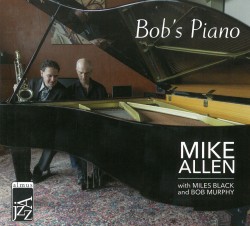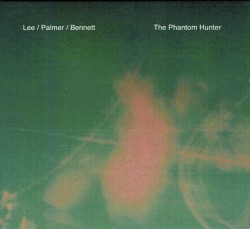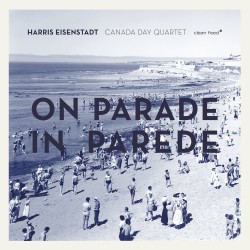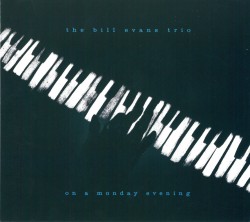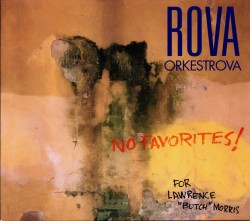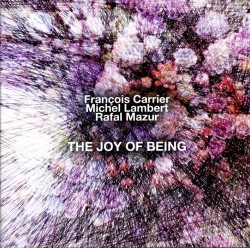Circles - MEM3
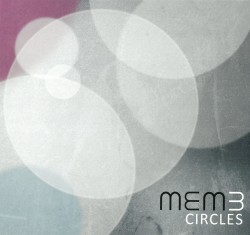 Circles
Circles
MEM3
Independent (MEM3.info)
MEM3 is a collective with a shared vision of what a contemporary piano trio is capable of. Writing responsibilities are divided more or less evenly between its members and a common thread runs through both the tunes and the arrangements. Many of the compositions share a deceptively minimal approach while others are through composed with elements of electronica in the mix. This is fresh-sounding music with a strong melodic vein and a level of sophistication and depth that can sneak up and take the listener by surprise.
Bassist Mark Lau’s Centrical establishes the album’s sonic landscape. Electronic loops pave the way for a two-chord piano vamp over a laid-back funk feel. The group makes full use of its wide dynamic range, from drummer Ernesto Cervini’s brushwork off the top, to the rock anthem-like vibe displayed later in the track. Pianist Michael Cabe’s solo develops organically from unassuming materials and its subsequent intricacy always feels natural. This ability to move from relative simplicity to melodic and harmonic density is repeated in his composition Native Dancer. The tune is comprised of several distinct sections, the last of which sets Cervini up for an intensely musical solo on brushes.
Cervini’s Quiescent is a pretty ballad that gives bassist Lau an opportunity to stretch out in a lyrical solo. Cabe again moves effortlessly from a sparse beginning into more elaborate and ingenious lines as the trio works together to create its compelling sense of interplay.


